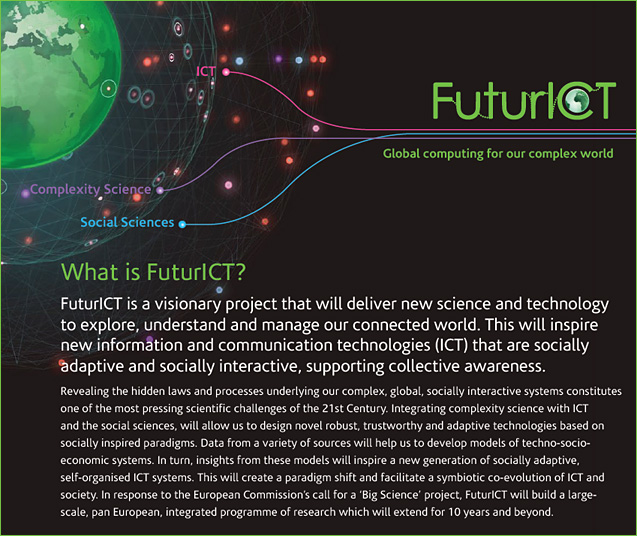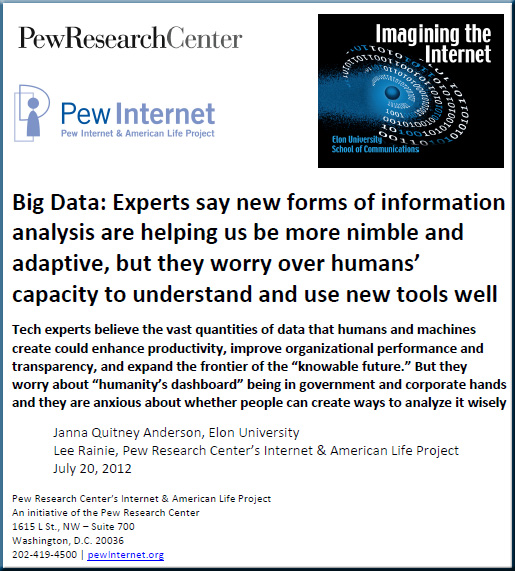The 10 poorest high schools in the U.S. — from Online Universities by Staff Writers
Excerpt:
Anyone who has ever read any of Jonathan Kozol’s books, such as Death at an Early Age, Amazing Grace, Savage Inequalities, or Shame of the Nation, cannot help but be affected by the portrayal of the inhumane conditions under which students and teachers in some of the nation’s poorest schools are expected to learn. There are shootings in the streets outside, no heat or air conditioning, crumbling ceilings and walls, classes housed in closets and trailers, overcrowding, malnourished and homeless students, and every dehumanizing condition you would imagine in a Third World country — right here in the U.S. Yet every year, a few students from these schools manage to graduate and find their way to college. This can only be accomplished by the dedication of teachers who choose to work in terrible conditions, for little pay, and who often receive criticism or outright scorn for their efforts.
Mr. Kozol hasn’t written a book since 2007 — even the most dedicated activists and educators grow old — but there has been little change for the better in the poorest schools in this country since then. In fact, with the recent economic downturn, conditions are likely to have gotten worse in many of them. In keeping with the spirit of Kozol’s work to shed light on the plight of students and teachers laboring under terrible conditions, here is a look at the 10 poorest schools in the U.S.
Also from DSC:
I want to add the following thoughts…which I was going to post at some other time, but I thought that these reflections were very relevant to the above item.
*************
We’re all in the same boat together.
If we invest in programs like providing homes for the homeless, early start programs, and in helping families with daycare and additional education-related resources, we can reap the harvest of those investments for years down the line. As a more immediate benefit, teachers can have a chance to address the entire class, not just the 4-5 students who require most of their attention.
I was struck by the truths expressed in the excerpt below concerning ed reform from John Holland (and The Future of Teaching blog) “Breaking Cycles is What I Do” (emphasis DSC):
I have seen it with the families of children I have taught in Head Start. Cycles are broken when you focus on more than just test scores. They are broken when you support the whole family overcome the challenges of poverty. Head Start uses an overlapping service delivery system that ensures that children and families are getting what they need to be successful. The same thing could happen with teachers. If we only measure test scores and we only evaluate teachers on test scores we will never see the whole picture. We need to look at the overlapping systems that have created the education we are delivering now. We need to look at teacher prep, professional development, compensation, testing rationale, working conditions, preparedness of students, technology, commitment from families, funding, unions, and societal expectations. We can break this cycle of ineffective reform if we look at the overlapping systems and start to manipulate them to do one thing — support student learning and teacher effectiveness. It needs to be an overlapping effort, not just teachers, not just foundations, not just policy makers, not just students and parents, not just corporations, not just you and not just me. (And just to be clear, public rating of educators as is happening in New York is not about student learning or teacher effectiveness.)
It can be done though.
This is why I am so passionate about Teaching 2030 and the progress we are making to change how educational policy gets made and the value of teachers in the process. Here is a brief clip of my perspective on the topic.





















